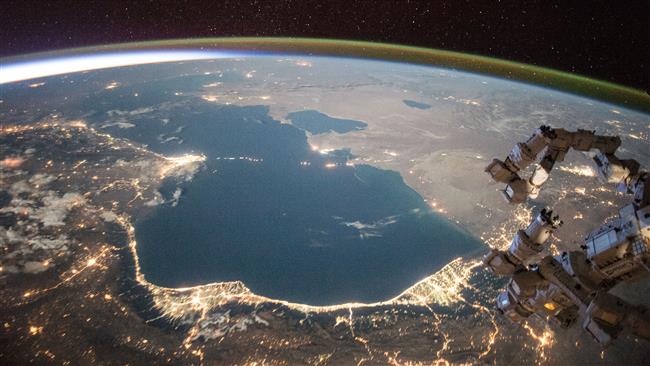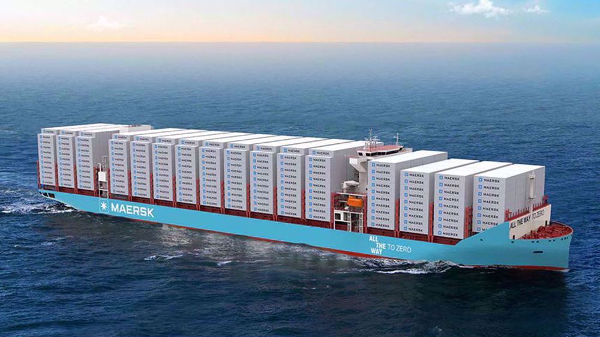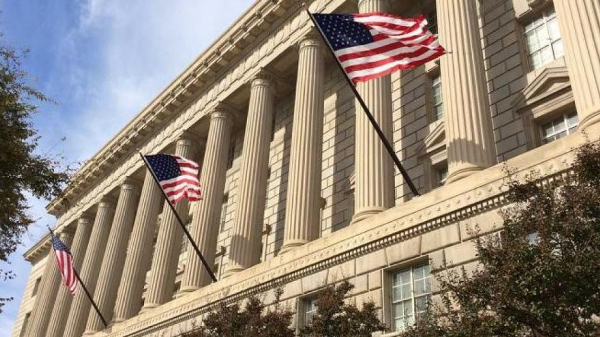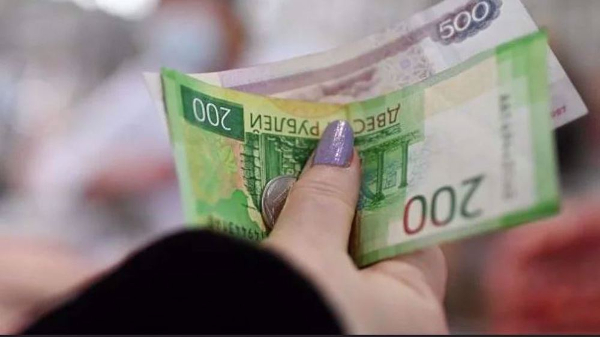Russian Energy Minister Alexander Novak says Iran can start within next month the deliveries of crude oil to Russia under the "oil-for-goods" program.
The arrangement dates back to 2014 when Iran tried to boost vital energy exports in the face of intensified Western sanctions. At the time, it was said that Moscow and Tehran were discussing a barter deal that would see Moscow buy up to 500,000 barrels a day (bpd) of Iranian oil in exchange for Russian equipment and goods.
Novak has said the two sides were discussing sales of 100,000 bpd of Iranian oil to Russia, with supplies being “either physical or swap-based.”
"We are finalizing the last details of regulatory documents. I think I will respond to your question within one month," he told reporters on the sidelines of an international fair in the Turkish city of Izmir on Friday.

The initial arrangement was for swapping around 300,000 bpd via the Caspian Sea and the rest from the Persian Gulf, possibly Bandar Abbas port.
Novak’s remarks came after Iranian officials confirmed that the country had resumed Caspian oil swap after seven years.
On Friday, Hamid Hosseini at the Iranian Oil Pipeline and Telecommunication Company said Iran was ready to swap 500,000 bpd of oil with its Caspian Sea neighbors.
The swap arrangement was halted during the tenure of former President Mahmoud Ahmadinejad as authorities questioned its economic merits. The average daily swap was 90,000 bpd in 2009, which Iran planned to raise to 300,000 by 2015.
The swaps meant Tehran could supply northern areas with oil processed at the Tehran, Tabriz, and Arak refineries without having to transport it all the way from wells in the south. Iran also charged the partners with a transit fee which totaled $880 million between 1997 and 2009, according to the local media.
Earlier this week, media reports said the Russian-flagged VF Tanker-20 discharged around 6,000 tonnes of Turkmen origin crude oil at a terminal in the Caspian port of Neka on Aug. 3. It was reportedly the second by VF Tanker-20 this month to Neka for the discharge of oil from Turkmenistan.

According to Hosseini, a 272-km pipeline has been built to ship crude oil from the Neka terminal to the Tehran refinery.
Under the swap deals, refineries in Tehran and Tabriz use the swapped oil, while Iran delivers the same amount it receives via the Kharq oil terminal in the Persian Gulf.
LINK: https://www.ansarpress.com/english/8108
TAGS:































 South Korea may punish Tesla
South Korea may punish Tesla 




